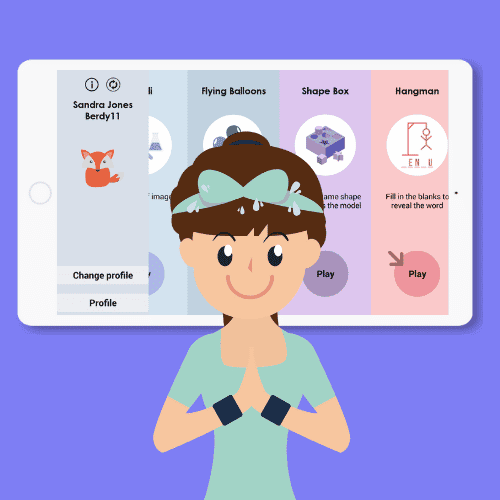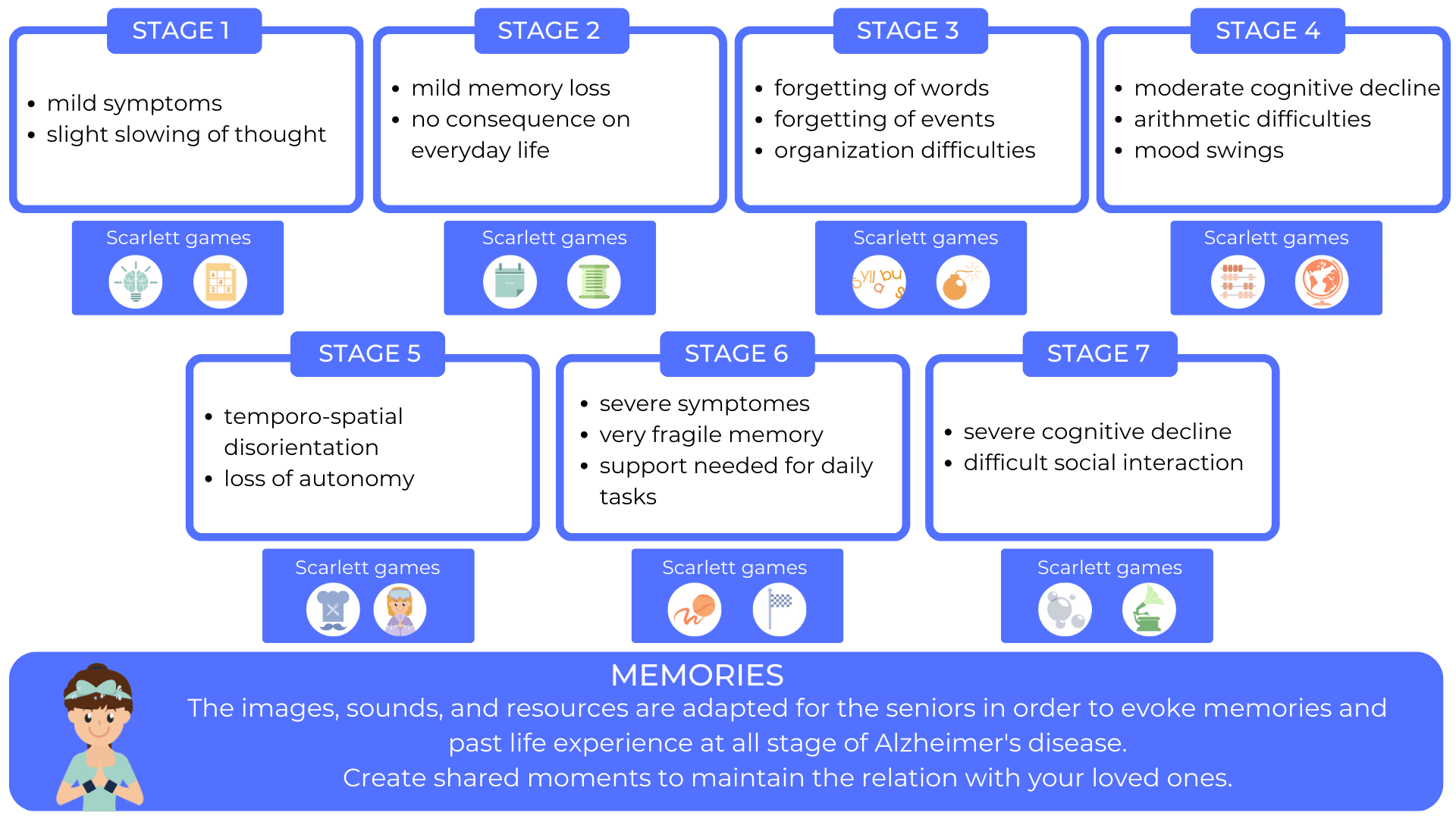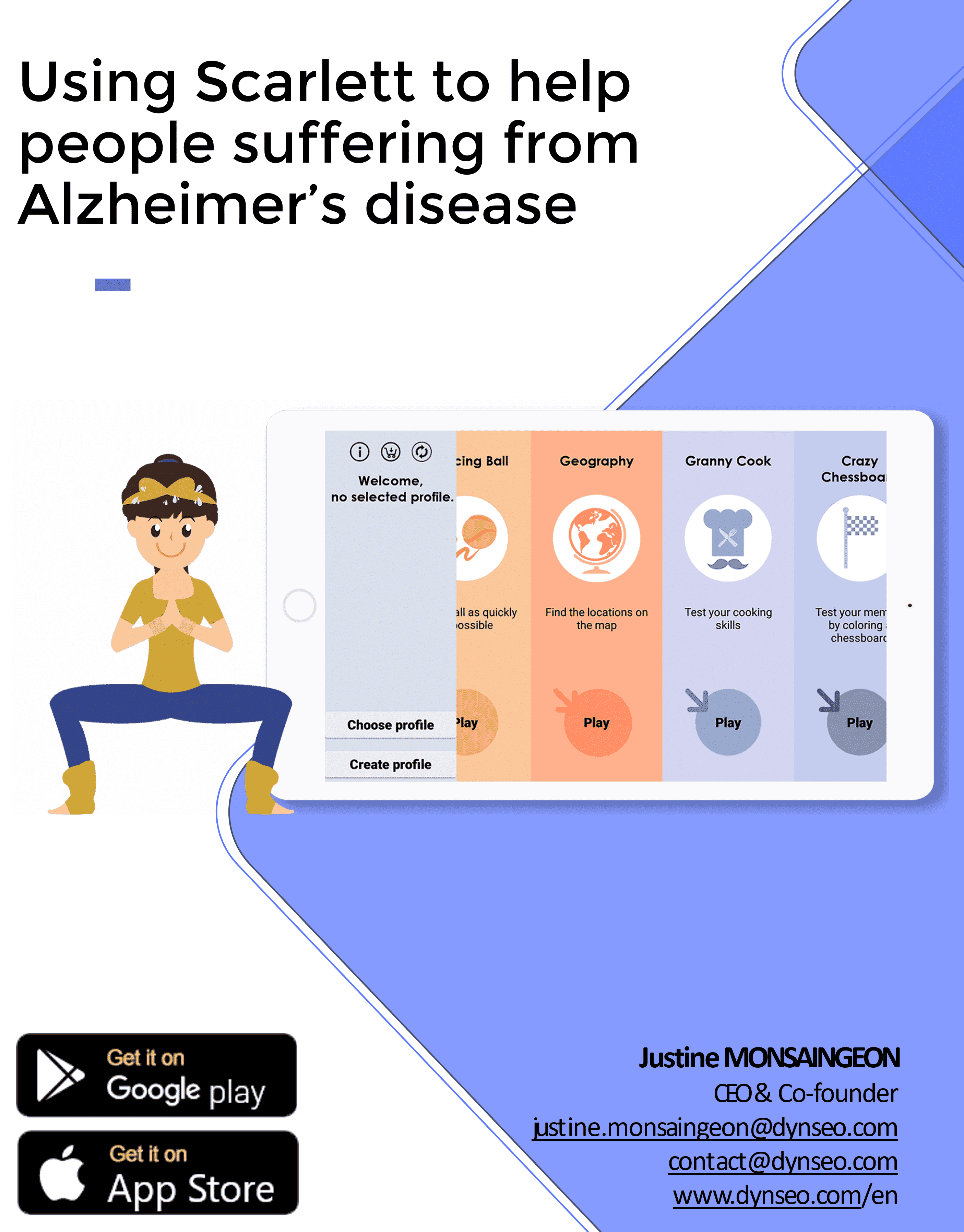Memory loss and neurodegenerative diseases represent significant challenges for global health, shaping the daily lives of millions of people. At the heart of our identity, memory sometimes becomes vulnerable, exposing the need for a thorough understanding of these conditions. This exploration aims to highlight the crucial importance of early recognition and prevention strategies in tackling these growing challenges.
Warning signs: uncovering early clues
Memory disorders
Memory disorders, often associated with natural aging, require special attention. Beyond occasional forgetfulness, we’ll delve into the signs that distinguish normal memory variations from worrying changes.
Behavioral changes
Neurodegenerative diseases are not limited to cognitive impairment. This section will explore subtle behavioral transformations that could be the first indicators of a deeper problem.
Cognitive difficulties
Far from being simply a question of memory, cognitive difficulties encompass a broader spectrum of mental functions. We will examine how these challenges may signal neurodegenerative developments and merit careful evaluation.

Major neurodegenerative diseases: understanding the enemies
Alzheimer’s disease: A cognitive labyrinth
Alzheimer’s disease, the most common form of dementia, plunges individuals into a cognitive labyrinth. We’ll explore the underlying mechanisms of this disease, from protein deposition to the devastating consequences on memory and mental function.
Parkinson’s disease: When movement becomes a challenge
Parkinson’s disease, often associated with motor problems, goes beyond tremors. Let’s take a closer look at the neurological changes that characterize this disease, impacting on coordination and quality of life.
Multiple sclerosis: The nervous system under attack
Multiple sclerosis is an autoimmune disease that targets the nervous system. This section will reveal the unique challenges faced by sufferers, highlighting the implications for mobility and cognitive function.
Explore these detailed portraits of the main neurodegenerative diseases to understand their specific features and the challenges they present.
Risk factors: Demystifying potential causes
Age: The race against time
Aging remains one of the major risk factors for memory loss and neurodegenerative diseases. This section will examine how the passage of time affects our brains and increases our vulnerability to these conditions.
Genetics: Inheritance and predisposition
Heredity plays a crucial role in the predisposition to certain neurodegenerative diseases. Let’s delve into the genetic mechanisms that can influence the risk of developing these conditions, paving the way for a personalized understanding of risk factors.

Lifestyle: The choices that shape our brain health
Our lifestyle has a direct impact on the health of our brain. From dietary habits to physical activity, this section will explore how healthy lifestyle choices can moderate the risk of memory loss and neurodegenerative diseases.
Prevention: Acting upstream to preserve brain health
Cognitive stimulation: Brain training
Cognitive stimulation, through a variety of intellectual activities, can boost cognitive reserves. Explore ways to keep your brain active and resilient in the face of time’s challenges.
Regular physical activity: A profound impact on the brain
Regular exercise benefits not only the body, but also the brain. Dive into the neurobiological mechanisms behind this connection and discover how an active lifestyle can protect against neurodegenerative diseases.
Balanced diet: The key role of nutrition
A balanced diet nourishes not only the body but also the brain. Explore the essential nutrients that support brain health and discover how wise food choices can contribute to prevention.
Stress management: A calmer brain
Chronic stress can have harmful effects on the brain. This section will examine the impact of stress on cognitive health and suggest strategies for cultivating mental resilience.
Explore the pillars of prevention, discover how simple lifestyle choices can positively influence brain health, and learn how to preserve your most precious asset: your memory.
Diagnosis and treatment: navigating the medical labyrinth
Early medical consultation: The key to rapid intervention
Early recognition of warning signs requires careful medical consultation. Explore the importance of consulting a healthcare professional as soon as symptoms appear, paving the way for early intervention.
Diagnostic tests: Unravelling the brain enigma
Advances in diagnostic tests offer more precise ways of assessing brain health. Immerse yourself in the modern methods used to diagnose memory loss and neurodegenerative diseases, providing an in-depth understanding of the challenges involved.
Current therapeutic approaches: Charting the course to recovery

From drug treatments to innovative therapies, explore current approaches to treating neurodegenerative diseases. Understand the challenges of treatment and discover the hopes held out by medical research.
Navigate the medical labyrinth of diagnoses and treatments, discovering current advances and persistent challenges in understanding and managing memory loss and neurodegenerative diseases.
Supporting patients and relatives: forging bonds of mutual aid
The importance of psychological support: Building mental resilience
Faced with the emotional challenges of memory loss and neurodegenerative diseases, psychological support plays an essential role. Explore how individuals and their loved ones can strengthen their mental resilience in this ordeal.
Community resources: Weaving a web of support
Communities often offer valuable resources for those affected by these conditions. Find out how local networks, support groups and dedicated organizations can provide crucial support and create a supportive environment.
Finding practical solutions: Navigating everyday life
The practical aspects of daily life can sometimes become a challenge for people with memory loss. This section will explore concrete solutions, from assistive technologies to environmental adjustments, making daily life easier.
Forge bonds of support, discover how psychological support and community resources can ease the burden, and explore practical solutions to improve the quality of everyday life.
Easy and adapted games to stimulate your loved ones
Scarlett, memory games for seniors with dementia

Supporting someone with Alzheimer’s with the Scarlett program

Other articles that might interest you:
How Parents Can Contribute to Teacher Training
As we delve into the realm of education, it becomes increasingly clear that teacher training is not merely a...
Differentiated Instruction Approaches: Training and Practical Application
Differentiated instruction is a pedagogical approach that recognizes the diverse needs of students in a classroom. It...
Key Skills Teachers Need to Support Students with Special Needs
As we embark on our journey to support children with special needs, it is essential for us to cultivate a deep...






